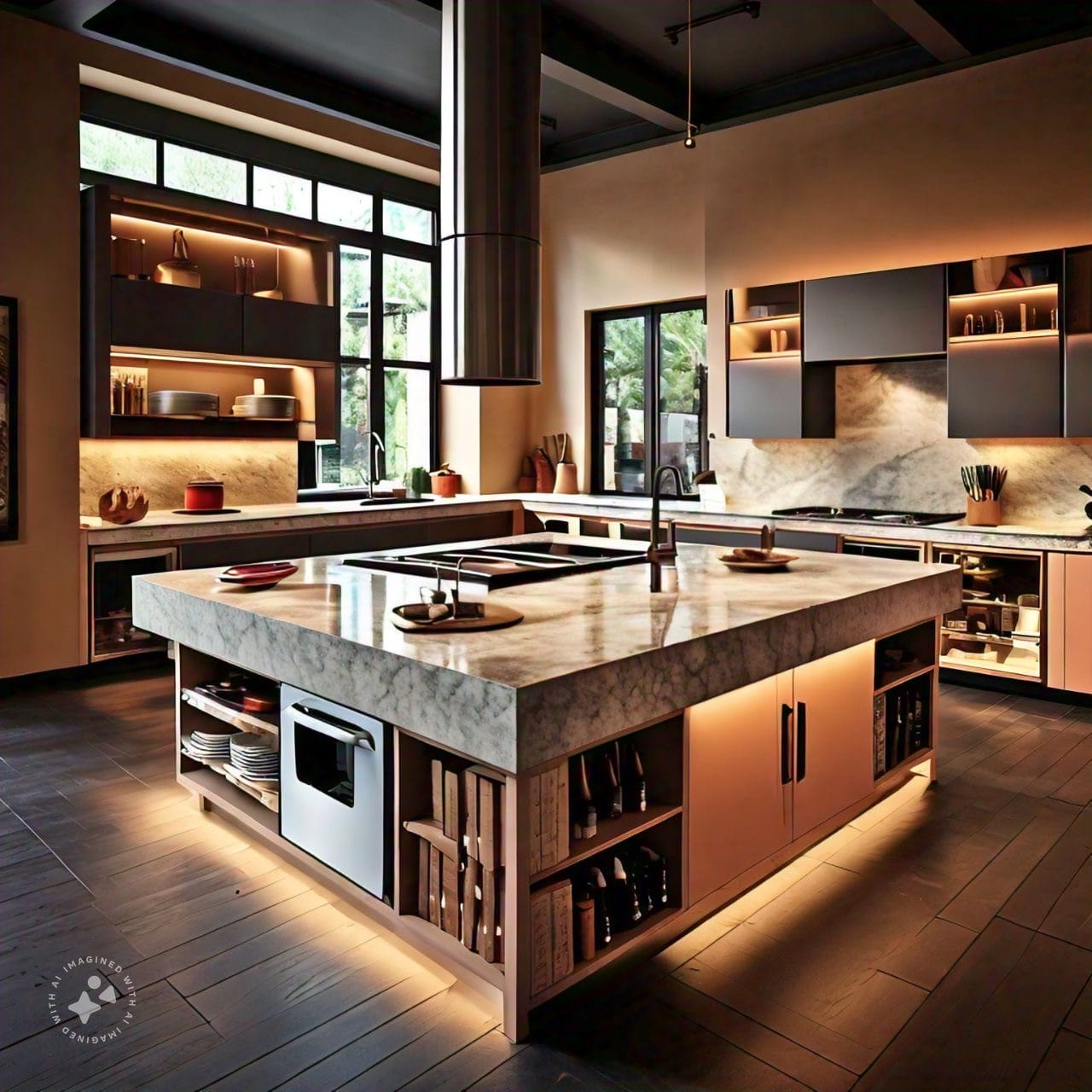Remodeling a bathroom or kitchen is an exciting project that can transform the functionality and aesthetics of two of the most important spaces in a home. However, these remodels are complex and involve more than choosing new fixtures and finishes. Plumbing plays a critical role in ensuring that the remodel looks good and functions properly. Whether moving a sink, installing a new shower, or upgrading appliances, the plumber is a key figure in ensuring everything works as it should. We will explore the role of a plumber in bathroom and kitchen remodels from Evans Plumbing and Sewer Inc. of Orangevale, from initial planning to final installation.
Role of a plumber in remodeling
- Planning and Designing the Plumbing Layout
One of the first steps in any bathroom or kitchen remodel is planning the new layout; the plumber is essential in this phase. If you plan to relocate fixtures such as sinks, toilets, showers, or dishwashers, the plumber will assess how to reroute water lines, drainage, and ventilation systems. They will also check the existing plumbing infrastructure to determine if any upgrades are needed to support new appliances or fixtures. For example, a kitchen remodel that involves adding a new dishwasher or upgrading to a larger sink may require adjustments to the water supply lines and drainage pipes. A bathroom remodel that includes a new shower or tub may require changes to the plumbing layout to accommodate the new fixtures. Plumbers provide critical input on what is feasible within the home’s structure and ensure that the remodel complies with local building codes.
- Installing Water Supply and Drainage Systems
During the construction phase of a bathroom or kitchen remodel, one of the primary responsibilities of the plumber is to install the water supply and drainage systems for new or relocated fixtures. This involves connecting the plumbing for sinks, toilets, showers, bathtubs, dishwashers, and washing machines to the home’s main water supply and ensuring the wastewater is properly routed to the drainage system. The plumber will install the pipes correctly to prevent leaks and ensure adequate water pressure throughout the remodeled space. Proper drainage is particularly important, as poor drainage can lead to clogs, backups, and water damage. Whether adding a double sink in the kitchen or a new shower in the bathroom, the plumber’s work ensures that water flows smoothly in and out of these fixtures.
- Handling Plumbing Upgrades and Repairs
In many remodels, homeowners upgrade outdated plumbing systems to improve efficiency or accommodate new appliances. This may involve replacing old pipes, upgrading to modern faucets, or installing water-saving fixtures. Plumbers are responsible for ensuring that these upgrades are properly integrated into the existing system. For example, if you’re installing a new water-efficient toilet or faucet, the plumber will adjust the water pressure accordingly to optimize performance. The plumbing system may sometimes need repairs, particularly in older homes where pipes may have corroded or become damaged over time. Addressing these repairs during a remodel helps prevent future plumbing issues, such as leaks or burst pipes. Plumbers ensure that any necessary repairs or upgrades are completed to modern standards, making the plumbing system more reliable and efficient.
- Ensuring Proper Ventilation and Code Compliance
Ventilation is a key aspect of plumbing in kitchen and bathroom remodels, and plumbers play a crucial role in ensuring that ventilation systems are properly installed. Ventilation allows air to flow through the plumbing system, preventing water from getting trapped in pipes and reducing the risk of sewer gas entering the home. In bathrooms, proper ventilation is essential for ensuring moisture from showers and baths doesn’t lead to mold growth or damage to walls and ceilings. In kitchens, ventilation helps prevent odors and moisture buildup from cooking. Also, plumbers are responsible for ensuring the remodel complies with local building codes and regulations. This includes proper installation of vent pipes, appropriate spacing for fixtures, and adherence to safety standards. Ensuring compliance with these codes is essential for safety and preventing future issues with inspections or property value.
- Installing and Connecting Fixtures
Once the remodel is in the final stages, the plumber is responsible for installing and connecting all the new fixtures. This includes installing sinks, toilets, bathtubs, showers, and faucets in the bathroom. It may involve installing sinks, dishwashers, garbage disposals, and even refrigerators with water lines in the kitchen. The plumber carefully connects these fixtures to the plumbing system, ensuring everything is properly sealed and secured to prevent leaks. They also test each fixture to ensure it functions correctly, checking for water pressure, drainage, and temperature control issues. This phase of the remodel is critical because improper installation of fixtures can lead to long-term problems, such as water damage or inefficient water use. A professional plumber ensures that the new fixtures work seamlessly with the existing plumbing system and are ready for use as soon as the remodel is complete.
- Preventing Future Plumbing Issues
One of the key benefits of involving a plumber in a kitchen or bathroom remodel is that they can help prevent future plumbing issues. Plumbers have the knowledge and experience to spot potential problems before they become costly repairs. For example, they may notice that certain pipes are prone to corrosion or that the water pressure needs adjustment to avoid damaging fixtures over time. During the remodel, the plumber can proactively address these issues, ensuring the plumbing system is built to last. Additionally, modern plumbing upgrades, such as water-saving fixtures or more efficient appliances, can reduce the likelihood of clogs, leaks, or other plumbing problems. Plumbers help homeowners avoid the inconvenience and expense of future plumbing repairs by ensuring that the remodel is done right the first time.
A plumber plays a vital role in bathroom and kitchen remodels, ensuring the plumbing system is functional, efficient, and safe. Plumbers are involved in every remodel stage, from planning the layout and installing water lines to upgrading old pipes and ensuring code compliance. Their work is essential to the long-term success of the remodel, preventing future plumbing issues and ensuring that the new fixtures and appliances work seamlessly. Whether you’re updating an outdated kitchen or creating a luxurious new bathroom, having a plumber involved ensures that the remodel is visually appealing and built to last.

















